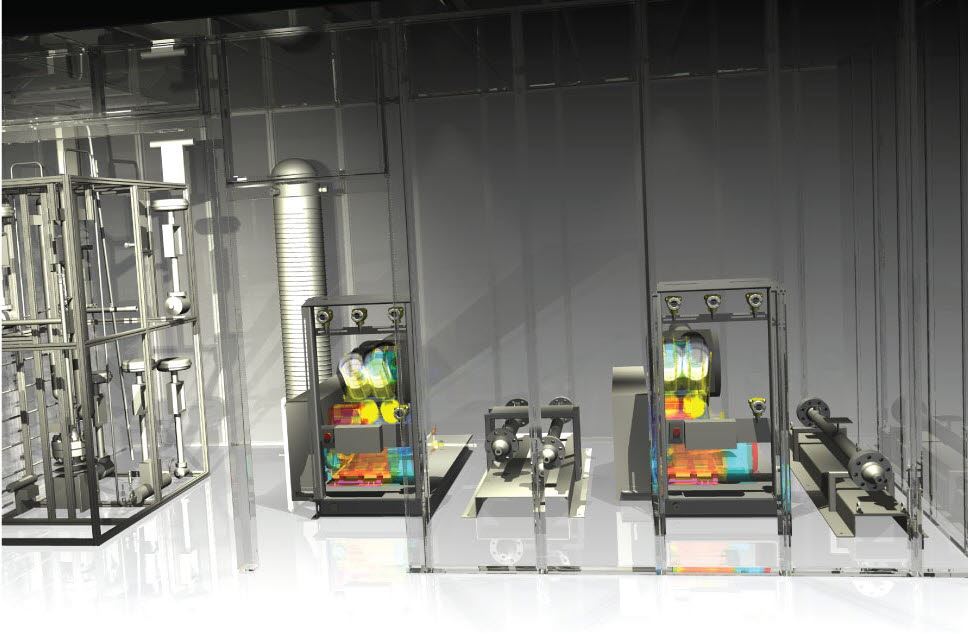Cryogenic Low Temperature CO2 Separation
Kontaktperson

The industry is searching for new concepts that may reduce cost and increase energy efficiency of CCS – a necessary development from the state-of-the-art for the CCS to become commonly used for large scale greenhouse gas emitters.
The low-temperature carbon capture concepts show the potential of becoming one such cost and energy efficient concept. Studies done so far show promising results for the suitable capture conditions.
Low-temperature capture is current state-of-the-art technology for CO2 purification units in oxyfuel processes. Nevertheless, there is a need to improve the current concepts as well as investigating concepts for gases with lower CO2 concentrations than e.g. 80 - 90%. New applications in this regard, are CO2 capture from synthesis gas and CO2 purification after pre-separation from post-combustion membranes, e.g. polymeric or fixed-site carrier.
Specifications:
- CO2 capture rate: 10 – 15 ton per day
- Max. power: 70 kW
- Max. separation pressure: 120 bar
- Min. separation temperature: - 55°C
- Closed cycle
Applications:
- Synthetic flue gases from post-combustion membranes
- Synthetic flue gases from oxy-fuel combustion
- Various syngas mixtures
The facililty is a registered Research Infrastructure in EU ECCSEL.
Cold CO2 Capture Pilot Rig (CCCP/SEPPIL)
David Berstad gives ut a tour of of our Cold CO2 Capture rig which is a part of the ECCSEL ERIC infrastrucutre. Producing cold liquid CO2 is key for full-scale CO2-storage experiments.
The rig is mainly built for two purposes:
- The first is separating cold liquid CO2 from volatile gas compositions. The experiments in this rig have already achieved CO2 purity levels of 99.9%!
- The second area of focus is on storage experiments for cold liquid CO2 under varying pressures.
In our NCCS spin-off project "MACH-2", we've experimented with five-component mixtures, critical for advanced hydrogen production processes.
Why CCS?
The purpose of CO2 capture and storage (CCS) is to minimize CO2 emissions and prevent large amounts of carbon dioxide (CO2) from being released into the atmosphere. SINTEF conducts research on the whole value chain for CCS.
SINTEF leads the national Centre for Environment-friendly Energy Research (FME) on CCS - NCCS
